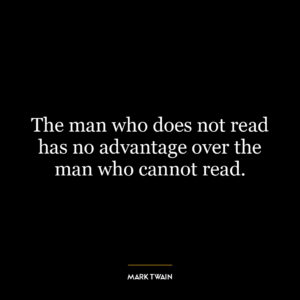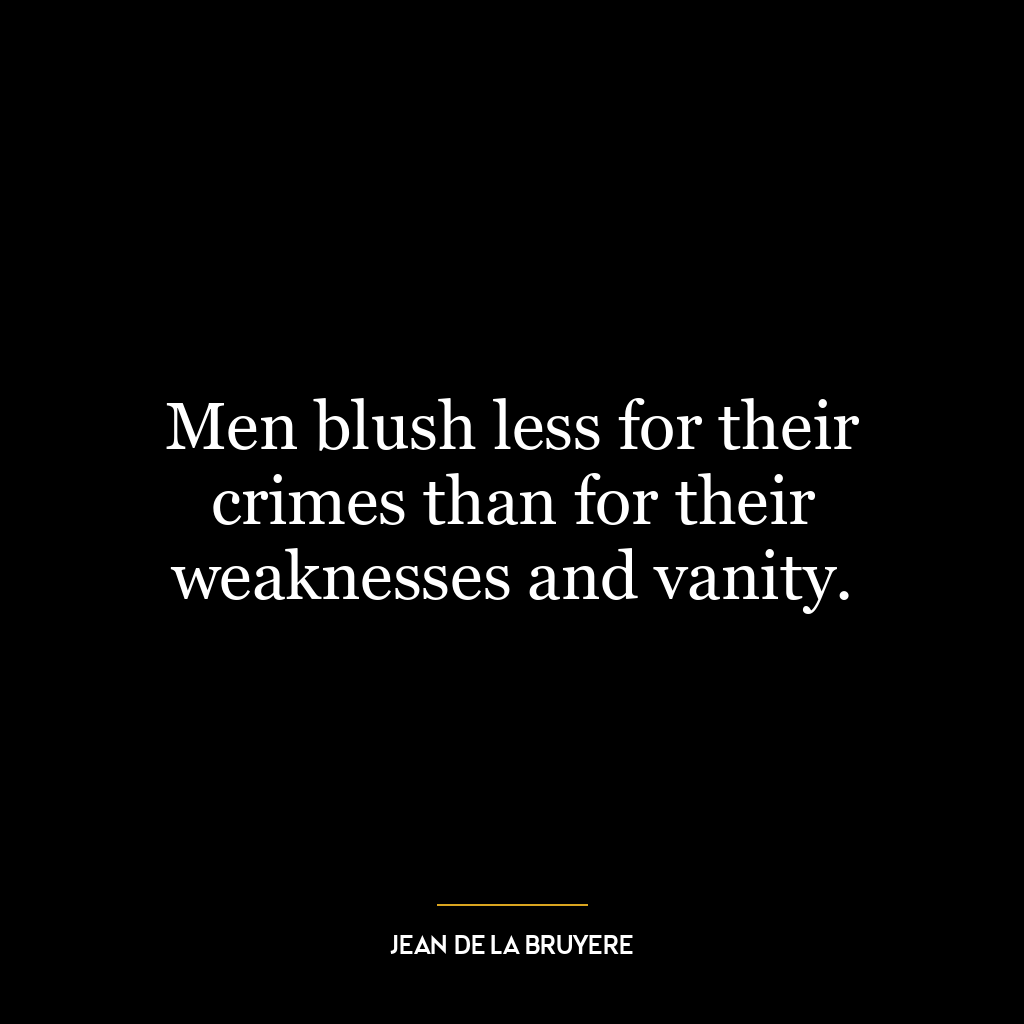He had only one vanity; he thought he could give advice better than any other person.
This quote is a wry observation about human nature, specifically the tendency of some individuals to overestimate their own abilities or expertise, particularly when it comes to offering counsel. The character’s ”one vanity” is his belief that he is superior to others in giving advice. This is a form of self-deception, a delusion of grandeur that blinds him to his own potential flaws and limitations.
The quote offers a satirical look at the human propensity for self-importance and arrogance. It’s a common trait where people think highly of their own opinions and advice, often to the point of disregarding the perspectives and wisdom of others. This is a form of cognitive bias known as “illusory superiority”, where a person overestimates their own abilities and qualities compared to others.
Applying this idea to today’s world, we can see this trait manifest in various ways. In the era of social media and instant communication, everyone has a platform to voice their opinions and advice, often without the requisite knowledge or expertise. This can lead to misinformation, misunderstanding, and conflict.
In the context of personal development, this quote serves as a reminder of the importance of humility and self-awareness. It’s crucial to recognize and acknowledge our limitations and to value the knowledge and perspectives of others. Overestimating our abilities can hinder personal growth and learning, as it can prevent us from seeking advice and learning from others. It can also harm our relationships, as others may perceive us as arrogant or condescending.
In essence, the quote is a cautionary tale about the dangers of vanity and self-deception, and a call for humility, self-awareness, and respect for the wisdom of others.










